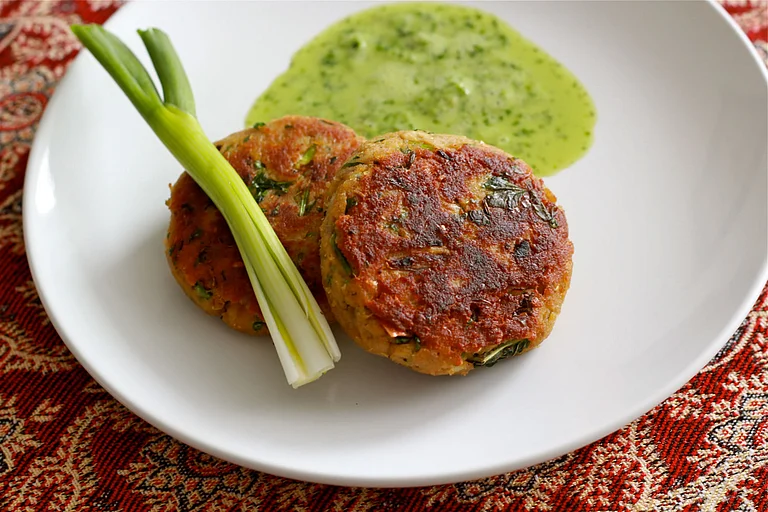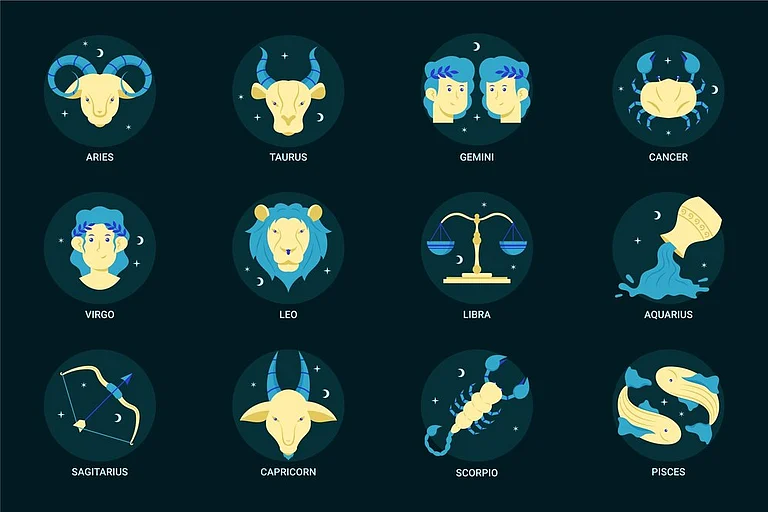Upon identifying a significant amount of carcinogenic ingredients in the form of artificial food colours in 12 cake samples collected from different bakeries in Bengaluru, the food safety department of Karnataka government recently issued an advisory about the potential health risks associated with the usage of food colours.
The decision was taken based on the alarming findings of a test that was conducted on 235 cakes by the state government out of which 223 samples were found safe while 12 contained dangerous levels of artificial colouring.
What did K'taka government say?
Months ago Karnataka imposed a ban on the use of artificial food colours, including Rhodamine-B, in cotton candy and gobi manchurian due to health concerns.
In view of the findings showing the alarming rate of carcinogenic food colour usage, the government body has now directed the bakeries to comply with food safety standards and issued a warning against the use of artificial colours in cakes, such as Allura Red, Sunset Yellow FCF, Ponceau 4R, Tartrazine, and Carmoisine, among others.
What is Rhodamine-B?
Accordng to an NCBI research paper, Rhodamine B (RB) is defined as a synthetic dye crystal with a green or red purple hue which finds its utilization in paper and textile dyes, dyes for histologic specimens, and cosmetics.
Although there are only a limited recorded cases pertaining to the chemical's hazardous effects on humans, several animal experiments indicate fatal consequences of consuming the food colour.
Although in India it is not categorised as a carcinogen, the food dye is known to cause have toxic effects on human body. In the United States' California and in the European Union, Rhodamine B is recognised as a carcinogen (causative agent of cancer).
Usage of food colors in several popular cake varieties including red velvet and black forest is very common. However, the pose significant health risks with impacts on both mental and physical health.
Cotton candy sale banned in Tamil Nadu
On February this year, the Tamil Nadu government imposed a ban on cotton candy selling owing to the discovery of Rhodamine B in cotton candy samples collected from Chennai's beaches.
According to the Food Safety and Standards Act, 2006, Rhodamine-B is considered "substandard and unsafe". Rhodamine B, when dissolved in water, gives a bright pink colour, which is the colour of the quintessential Indian cotton candy.










_.jpg?auto=format%2Ccompress&fit=max&format=webp&w=768&dpr=1.0)


















